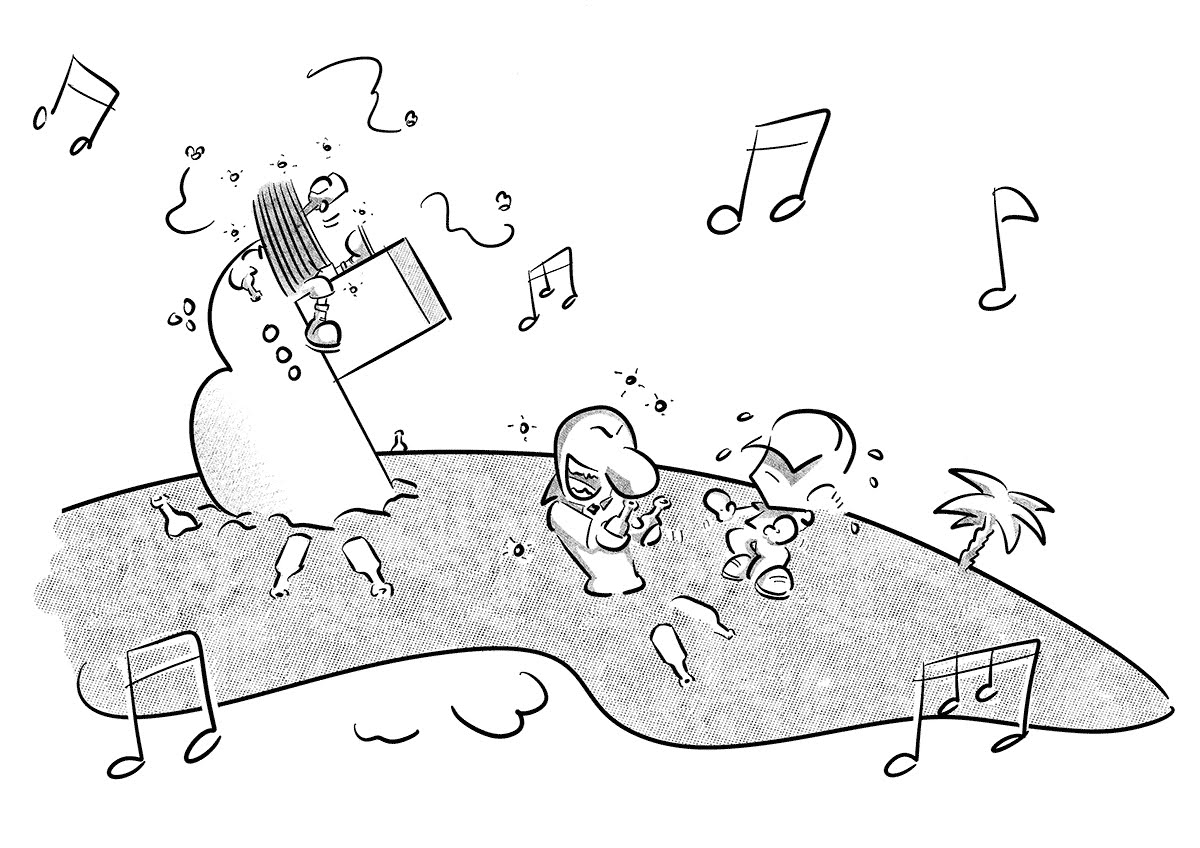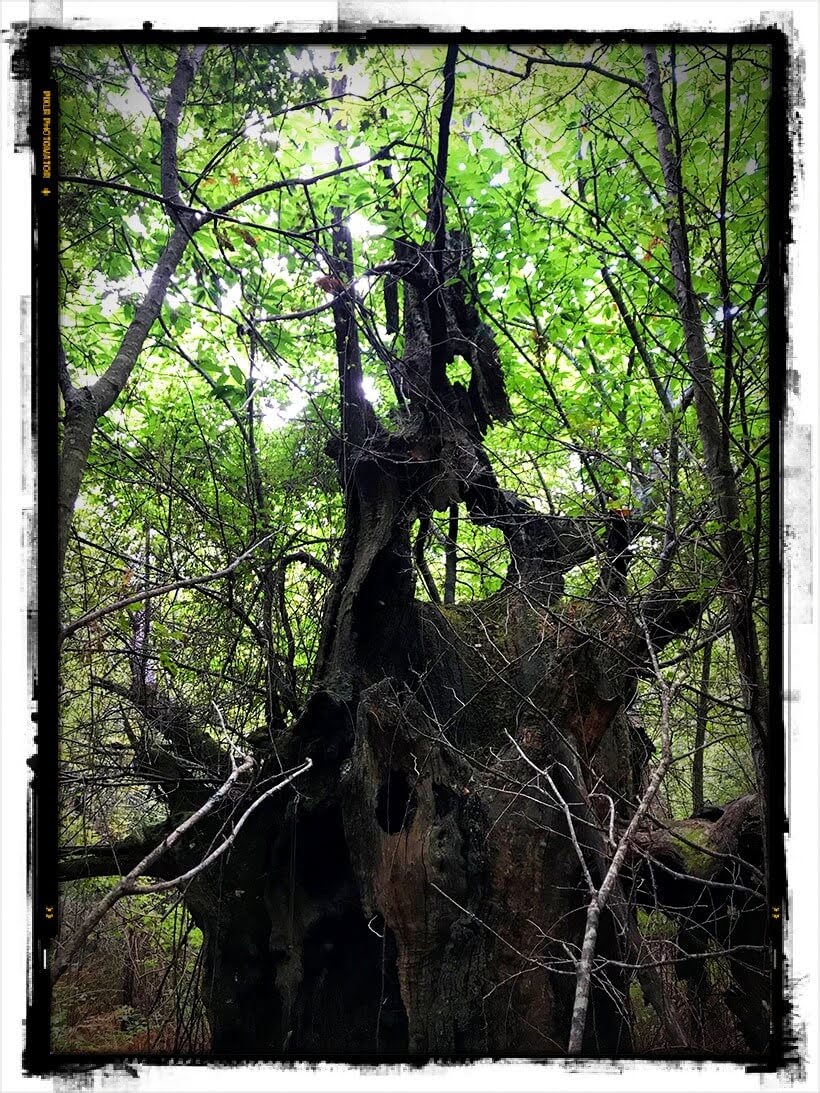a conversa contínua
(o acento é nosso)

No SOLRAD, o "the online literary magazine for comics", esmiuçamos o "Continuing the Conversation: Ken Eppstein Discusses Results from the 2020 Comic Arts Stakeholder Survey, Part One" 10 ago 2020 (*) Para todo um outro relatório também podem ler o mais extenso "UK Comics Creators research report" jun 2020:"Unsurprisingly participants describe their great love for the medium and our supportive UK community but also their frustrations about the industry, its infrastructure and the bleak realities about making a financially viable career in comics". 4 ago 2020:
The first survey was conducted with comic artists, meant to be a tool for gathering actual information about aspects of the comic artist identity. The second survey was a tool for demonstrating there are cultural stereotypes about comic artists and the comic arts community. Both surveys are also tools for measuring a willingness of community members to engage in civics participation on behalf of the comic arts community. [...] In this case, part one of the 2020 Artist Survey identifying stakeholders consists mainly of digging down on the notion of "Comic Artist" as an identity and establishing subcategories of that identity. Part two of the 2020 Artist Survey serves to specify what comic artist and subcategory identities see as their needs to reach their artistic aspirations (professional or personal).
in "Continuing the Conversation: Ken Eppstein Discusses Results from the 2020 Comic Arts Stakeholder Survey, Part One" 10 ago 2020
Destaques nossos: comic artists e comic artist identity, a comic arts community, community members, civics participation... Arte: arte-arte!, se tivéssemos dúvidas onde os comics pertencem no especto das humanidades, a nomenclatura esclarece-as. Aqueles que partilham da nossa apetência a embeber banda desenhada nos media como fodder a outros fins – pista: está no nosso claim ao fim da página... – saem daqui desiludidos. Artsy-fuckin'-farstys... Mas, voltando à vaca fria, temos estudos culturais mergulhados em questões identitárias cruzado à arte no coração dos comics? O stakeholders deveria ter sido o primeiro sinal que não. Como o método:
This study is modeled [em] three steps of stakeholder analysis: i) to identify stakeholders; ii) specify the stakeholders’ criteria for an assessment of an organization’s work; iii) and to make a judgment on how well an organization performs against those criteria.
in "Continuing the Conversation: Ken Eppstein Discusses Results from the 2020 Comic Arts Stakeholder Survey, Part One" 10 ago 2020
As keys não destacadas, além do já supra stakeholder seriam o analysis, assessment, organization’s work e organization performs. Porque, fingir surpresa e rufar tambores, o "Comic Artist Stakeholder Identity" começa assim:
A typical way of dividing up the comic artist stakeholder identity is by the artist’s location in the marketplace.
in "Continuing the Conversation: Ken Eppstein Discusses Results from the 2020 Comic Arts Stakeholder Survey, Part One" 10 ago 2020
OY?! Identidade em arte submetidas ao mercado (*) Marx levanta sobrolho, encolhe ombros e deixa escapar um suspiro esmorecido...? Diz-que-não. Enfim, o autor do survey tenta negá-lo a jeito de rodapé a dada altura contrapondo "the need for stakeholder categories that allow for more or less involvement with market-based identifiers. More simply put, buying and selling artwork is not the only issue involved in creating positive social change for comic artists."
The problem with this model is that it only describes artists in terms of their stakes in the marketplace and not within the broader context of being an artist [e] a purely marketplace based identity model of comic artists as stakeholders ignores the many individual artists who gain personal utility outside of the marketplace for their work.
in "Continuing the Conversation: Ken Eppstein Discusses Results from the 2020 Comic Arts Stakeholder Survey, Part One" 10 ago 2020
Diz-que-sim!... Mas o problema está mesmo no método, e com este as identidades listadas não superam expectativas:
For purposes of this survey the following stakeholder identities are used:
in "Continuing the Conversation: Ken Eppstein Discusses Results from the 2020 Comic Arts Stakeholder Survey, Part One" 10 ago 2020
- Disenfranchised & Enfranchised: respondents who answered to the question about belonging to a group that is the victim of discrimination and bias;
- Clear Path / Unclear Path: respondents who answered yes/no to seeing a clear path to their artistic aspirations;
- Hobbyist & Professional: respondents who report gaining income from comic arts (Freelance, Royalties, Conventions/Fairs, or On-Line Sales of Art) or having a Full-time Job, Part-Time Job, or living on Savings/Pensions
- Comics Insider: respondents who have / don't have a comics-related day job.
Os dois primeiros (*) Reagrupados e reordenados para conveniência de exposição e efeitos dramáticos da mesma. vagamente não relacionados ao $$$, os dois últimos não deixam dúvida que a identidade do artista é definida pelo mercado. Do "undeniable impact of discrimination and bias" não percebemos as conclusões, mas nem seu autor (*) "A mea culpa for myself. I needed to work harder to engage with those disenfranchised voices". que as divide em escalas de sources of income; hours worked; career length: mercado portanto. Já o "Clear Path to Aspirations":
The definition of aspirations is left up to the respondent. This is to capture the measurement of satisfaction among respondents independent of financial success. Level of satisfaction is important when examining artist’s response to issues they face within the community in terms of exit, voice, and loyalty. Artists who are less satisfied are likely to have less loyalty to the community and exit (i.e. quit comics) when presented with barriers or inequities. Artists who see a clear path are more likely to exercise their voice and engage with their community when presented with problems due to greater loyalty. Unfortunately, the higher degree of loyalty also leads to a greater potential for exploitation.
in "Continuing the Conversation: Ken Eppstein Discusses Results from the 2020 Comic Arts Stakeholder Survey, Part One" 10 ago 2020
Independente do sucesso financeiro, comunidade, exercer a sua voz, provas de lealdade e superar barreiras. Temos vida para lá do défice? Não, tudo treme perante a fria realidade da exploração... do mercado. Podem brincar a tudo o resto, mas só quando o mercado paga. O que nos trás ao "Comics-related Day Job" enunciado como "a reasonable premise that working within the comic arts marketplace can lead to a more successful career as a comic artist." Contamos trabalho, mercado, carreira, e no título o job. Precisamos dizê-lo?
Elucidados quanto à arte, dividem-se a identidade e comunidade dos cómicos em dois eixos:
Individual survey questions will be analyzed based on:
in "Continuing the Conversation: Ken Eppstein Discusses Results from the 2020 Comic Arts Stakeholder Survey, Part One" 10 ago 2020
- a) Sources of income: the goal of this question was to establish the comic artist identity in terms of financial, time, and skill resources available to the responding artists;
- b) Non-Income Related Comic Artist Identity Aspects: individuals who may not view their life as a cartoonist in purely professional terms.
Todas as esperanças no non-income! E o sayin' goes que a esperança mata-se no fim. "This question measures the career length" e "hours worked" comentados a dada altura com issues de "income, healthcare coverage, housing, et al.". Voltámos à mesma conversa. Concluímos como sempre concluímos da subordinação nesta relação.
The need for financial and social stability often outweighs the desire for artistic productivity.The rate of full-time employment is valuable for weighing the potential for respondents’ contribution of social capital and resources. The relatively high rate of full-time employment among respondents may indicate that participation in the comic arts as an artist is a privilege that is more accessible to more affluent individuals.
in "Continuing the Conversation: Ken Eppstein Discusses Results from the 2020 Comic Arts Stakeholder Survey, Part One" 10 ago 2020

